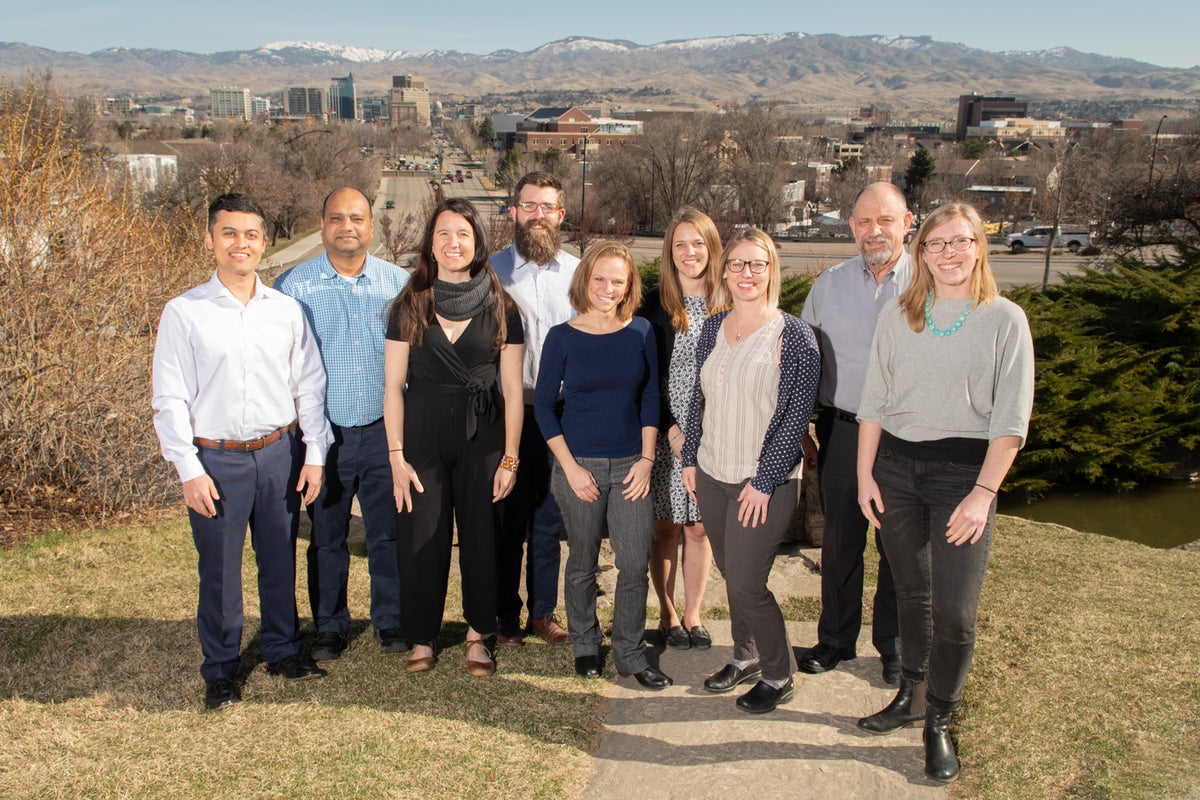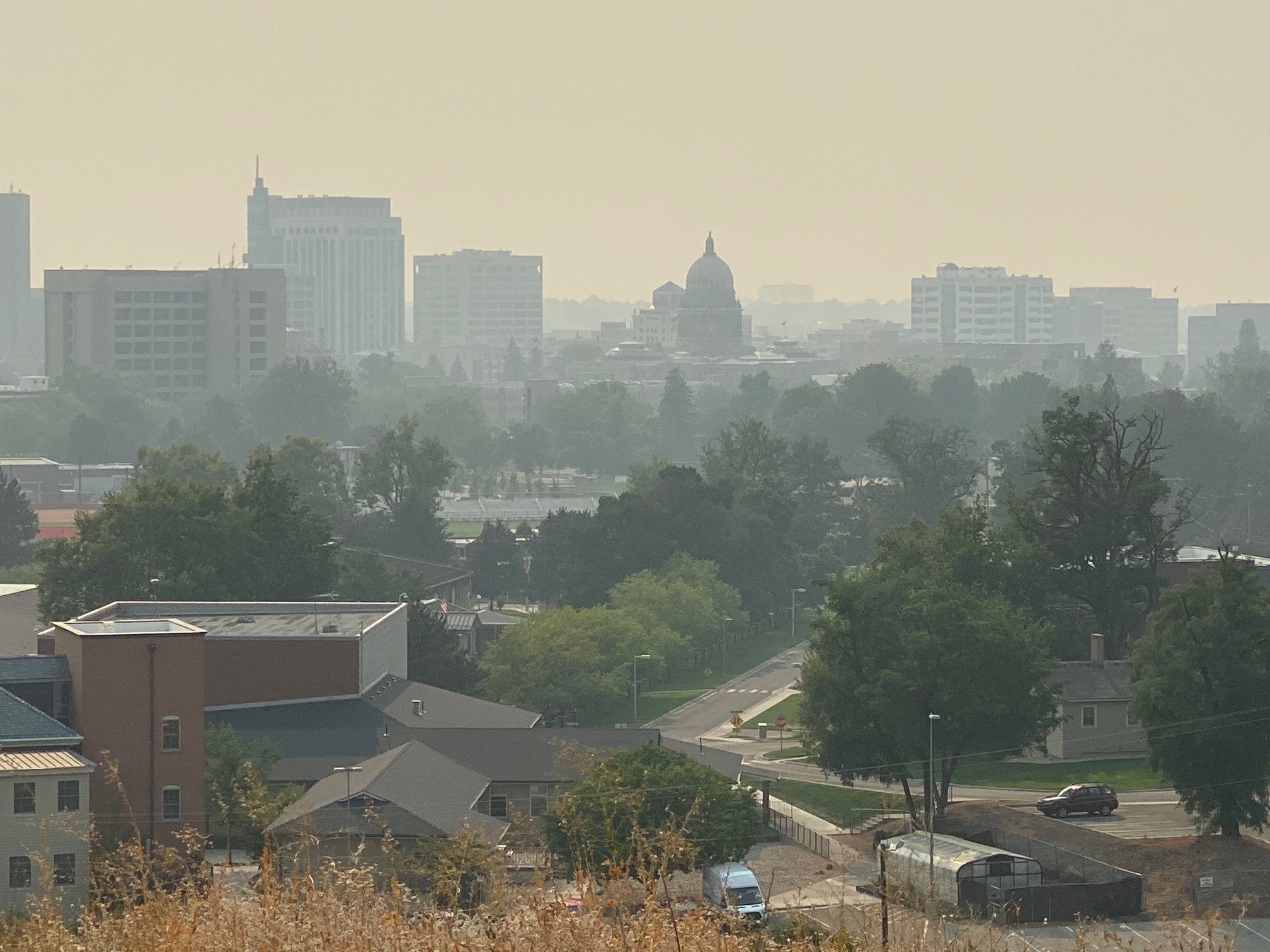
A global pandemic threatening lives and altering how societies function; catastrophic wildfires scorching western states. With these two calamities alone, communities around the world have been forced to withstand and rebound from acute threats and hazards.
To promote resilience among communities, Boise State launched the Hazard and Climate Resilience Institute (HCRI) in 2020.

“Universities are uniquely positioned to collaborate with their communities on societal problems,” said Dr. Brittany Brand, the institute’s director. “We offer expertise and resources that communities may not otherwise have access to. We are dedicated to working directly with our community to find innovative ways to address the grand challenge of building thriving, resilient communities. Our collaborative, whole community approach will ensure we translate research to practice.”
Research resources include working with communities to identify data gaps and research needs, and developing interdisciplinary research teams to address these needs in collaboration with community partners. The institute also focuses on how long-term stresses, such as access to healthcare, food security, education and affordable housing, as well as the impacts of a changing climate, influence community resilience. Additional resources, built collaboratively with leaders and experts from across campus, include a variety of localized information on natural hazards that are published and frequently updated on the institute’s website.

“This kind of institute is unique in that it’s centralized through a university where we can develop studies that impact communities in a way that’s sustainable, just as a university like Boise State is sustainable,” said Dr. Luke Montrose, an assistant professor and member of the institute’s executive team. “So because of that, we’re better able to provide longevity and support for communities.”
“Any work we do, any structures we build, any lines of communication we create, we’ll improve the overall resilience of people all over our state. And, in turn, we will make the communities in which they live stronger.”
DR. LUKE MONTROSE
Montrose is a national expert on the short- and long-term effects of wildfire smoke. The relationship between smoke exposure and risk of a viral infection like COVID is a connection he’s focused on, and he believes it could have big implications down the line, specifically for the health and well-being of wildland firefighters. The implications of his research tie directly back to the institute’s mission.
The institute also supports student-driven initiatives that meet needs and solve realworld problems. As COVID cases increased throughout Idaho in March 2020, a group of graduate students – Carson MacPherson-Krutsky, a Boise State geosciences doctoral student; Katie McConnell, a doctoral student from Yale; and Lauren Hunt, a doctoral student in Boise State’s human environment systems program – created an interactive, color-coded map that provided Idaho residents with up-to-date information on the number and location of cases within the state. This resource is also available in Spanish.
One of the institute’s goals, according to Montrose, is to break down the disciplinary silos that can exist throughout all levels of a university in order to see actual results.
“Universities want to be interdisciplinary, but they struggle with how to actually apply an interdisciplinary plan,” Montrose added. “How can faculty fluidly work across campus, when there are departmental constraints like budget and time?”
With its innovative structure centered around interdisciplinary research and collaboration, the HCRI is poised to become a template for other projects at Boise State or on other campuses throughout the nation.
“We are bringing the right people together to create the science, the policies and methods by which we can effect change to embrace our changing world. This is truly a novel, and innovative program that will make a difference for all,” said Harold Blackman, interim vice president for research. “HCRI is poised to make an enormous positive impact on the resiliency of our communities and citizens.”
To learn more about the institute, its upcoming events and opportunities to engage, visit the Hazard and Climate Resilience Institute webpage.
-By Matt Jones